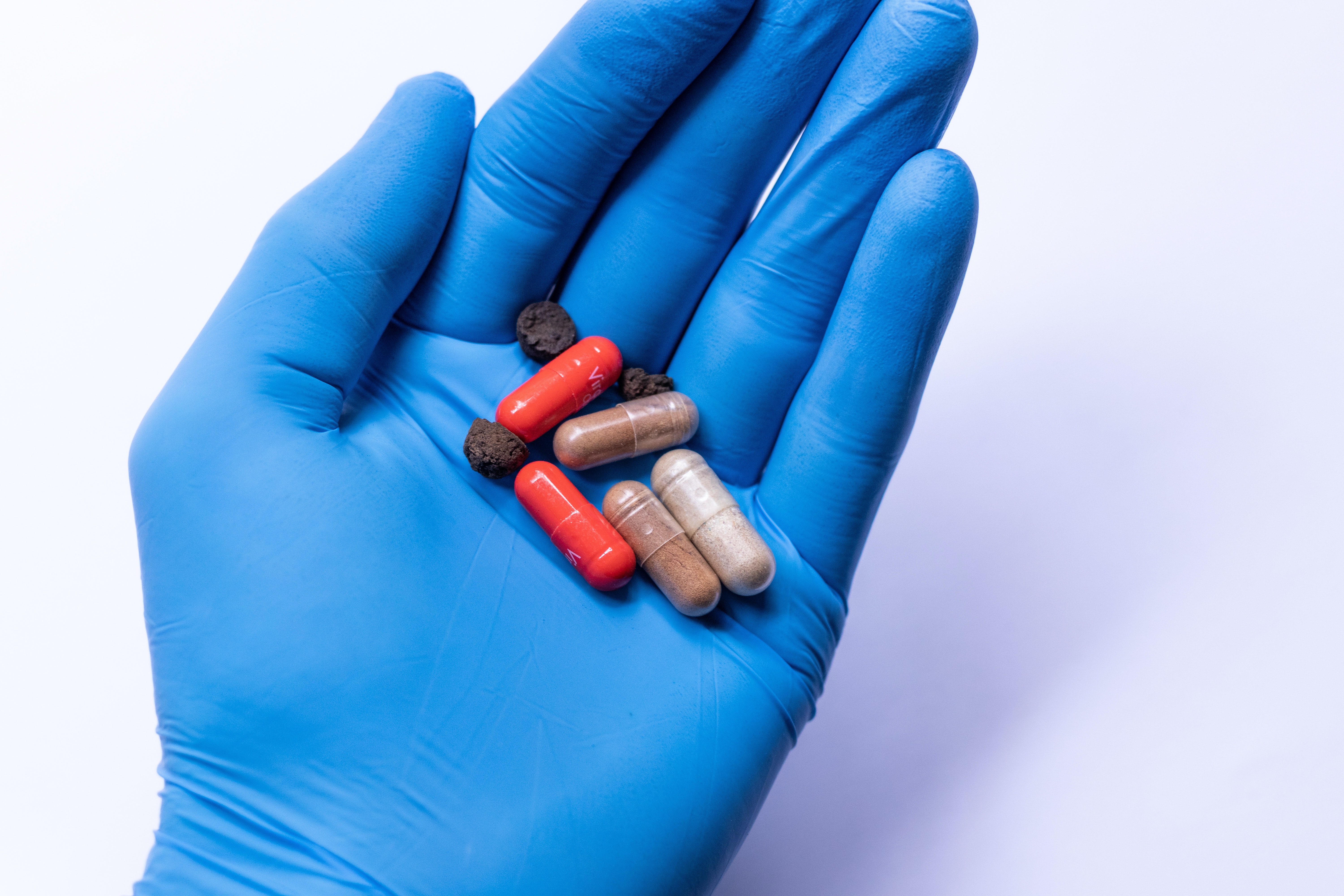The pharmaceutical industry is a highly regulated sector with strict requirements. Equipment used in many drug manufacturing processes must be able to meet those requirements. This article will discuss the various coating types used on equipment within the pharmaceutical industry, the benefits of each one, and how they are applied.
Different coating types are used depending on the type of equipment being coated. The most commonly used coatings include epoxy, polyurethane, and silicone-based materials. Each has its own set of advantages and disadvantages that should be considered before selecting a coating type for any pharmaceutical application.
Epoxy Coatings: Epoxy coatings are one of the most versatile types of coatings available for use in the pharmaceutical industry due to their ability to adhere strongly to almost any substrate material and their resistance to corrosion and rusting. They are also extremely durable coatings that can last for years with proper maintenance, making them an ideal choice for equipment that must withstand harsh cleaning solutions or extreme temperatures. Applying epoxy coatings typically requires specialized equipment such as airless sprayers or electrostatic sprayers.
Polyurethane Coatings: Polyurethane coatings have similar properties to epoxy coatings but offer even more durability and protection against corrosion and rust due to their strong chemical bonding capabilities. Additionally, polyurethane coatings can be applied quickly due to their fast curing times which makes them ideal for applications where time is critical such as emergency repairs or production lines that require quick turnaround times. As with epoxy coatings, polyurethane coatings must be applied using specialized equipment such as electrostatic sprayers or airless sprayers.
Silicone-Based Coatings: Silicone-based coatings are a great option when it comes to providing protection against moisture, high temperatures, and other forms of environmental stressors since they have excellent heat resistance capabilities and can handle extreme temperature changes without cracking or deteriorating over time. Additionally, silicone-based coats are non-toxic which makes them safe for use in food processing facilities or other areas where chemicals may come into contact with people’s skin. Applying these types of coatings usually requires an airbrush gun or an electric paint gun depending on your specific needs.
In summary, there are several different coating types available for use in the pharmaceutical industry that offer varying levels of protection from corrosion and rusting as well as other environmental stressors depending on what your specific needs may be. Epoxy, polyurethane, and silicone-based materials all offer unique advantages so it’s important to consider what your particular application requires before selecting a coating type for your project. With proper maintenance and care, these coating types can provide lasting protection from wear and tear while helping ensure compliance with applicable regulations within the industry.






